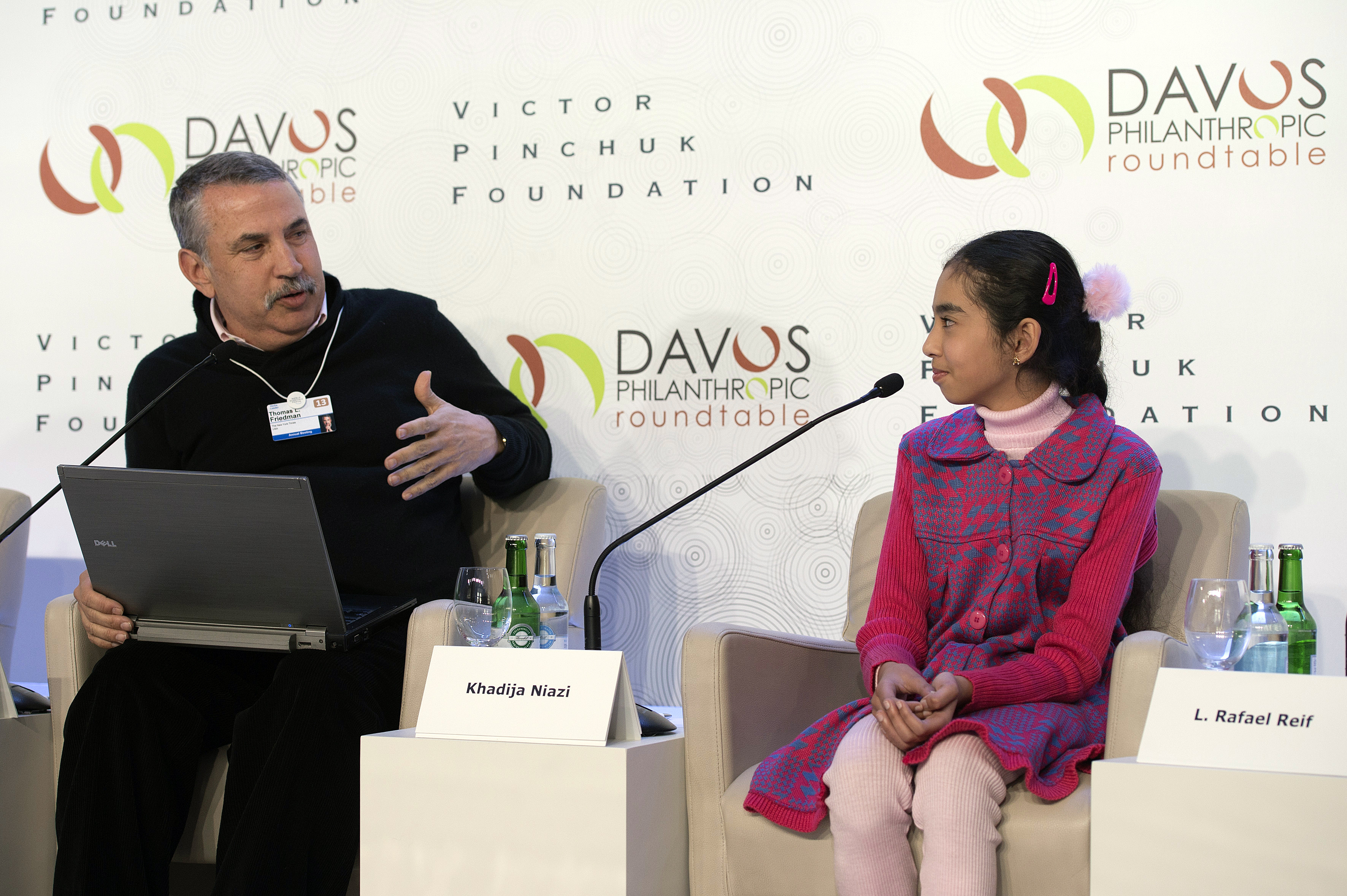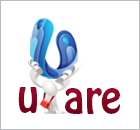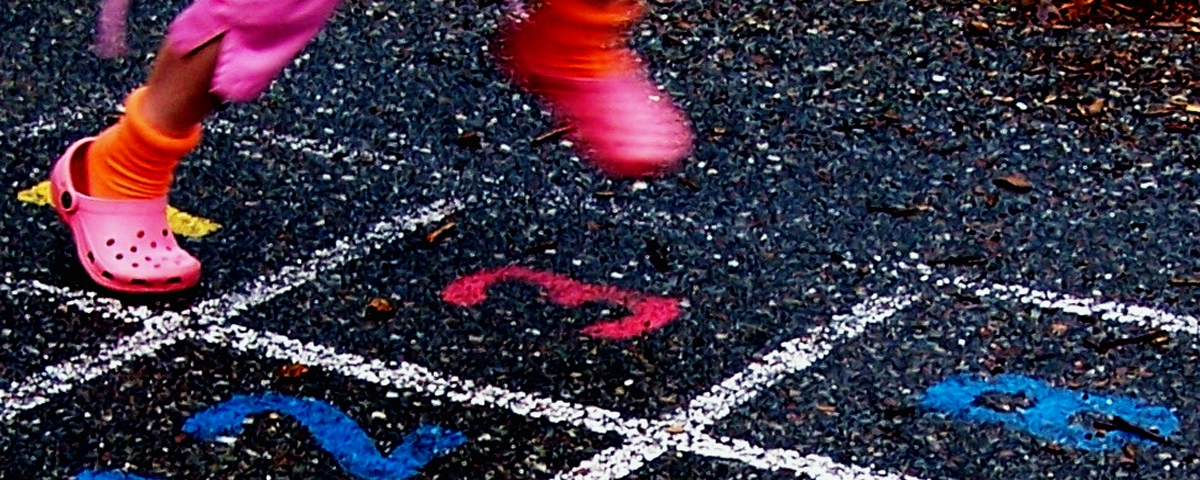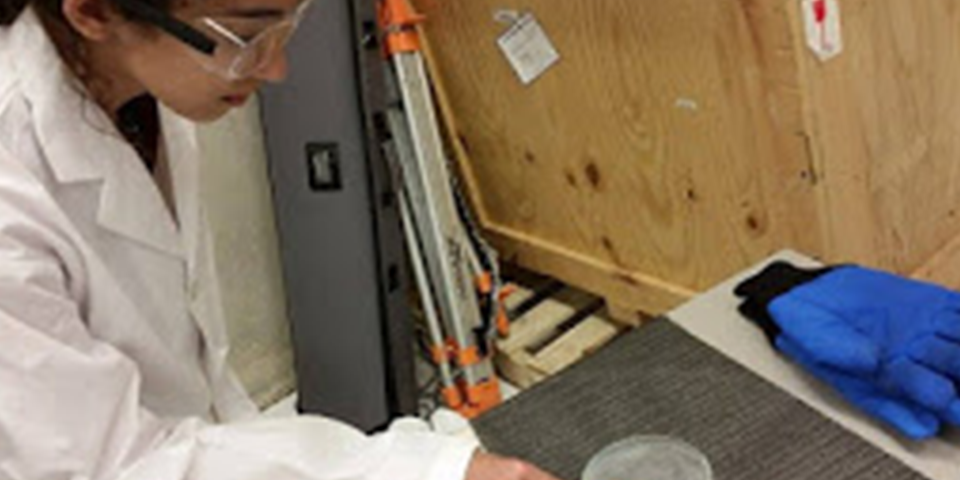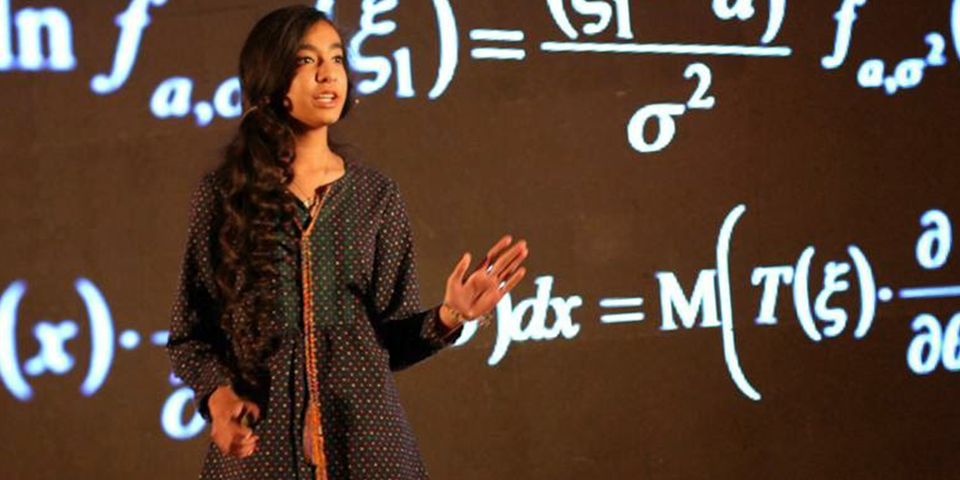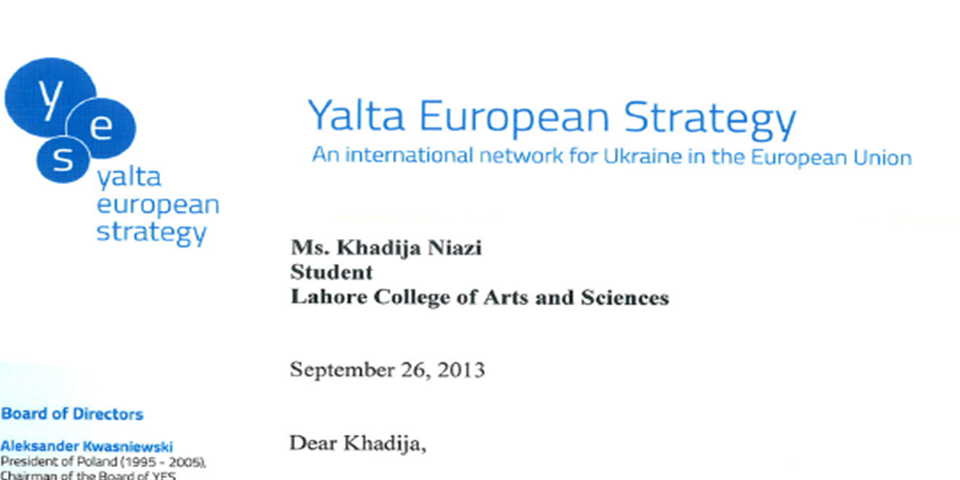Education For All? My article on MOOC news and reviews

My speech on why boys education is equally important
April 8, 2013
Yalta European Strategy
September 29, 2013Education For All? — A Young Girl’s Proposal and Where MOOCs Fit In
Education For All? — A Young Girl’s Proposal and Where MOOCs Fit InThere are many organizations working extensively for education, and it seems that they still have to go to great lengths to deal with the issue of providing literacy to the children of the world.
Our world has certainly evolved in the use of technology, be it with a smart phone or education through the Internet or knowledge through Wikipedia. But still we have not been able to fully address the issue of giving education to the world. Many steps have been taken and on many levels, but it seems we still have 57 million children of primary school age and another 69 million children of lower secondary school age out of school. As if this were not enough, according to a report by UNESCO, girls are far behind boys when it comes to enrolling in primary and secondary school.
So what is wrong? All these organizations working together, including governments, civil society, the private sector and many other non-governmental organizations, are still unable to meet the UNESCO target of providing education for all by 2015. The situation is worse in some African countries where not only gender inequalities prevail, but the overall enrollment of children in school is very poor. Even if they go to school, not all of them complete their secondary education, and the drop out rate is creating a youth which not only lacks in skills, but they fail to contribute economically in their country.
Recently, public private-partnerships have been involved in many countries to promote education. Public-private partnerships can help in providing good education, but, unfortunately, they still do not guarantee that the child will stay in school to complete their basic education. They can help many countries with basic infrastructure and teacher training programs, but they will still be unable to maintain the child’s interest in keeping his or her education going.
How to create awareness? Developed countries should come forward and help students in underdeveloped countries. They should have certain programs which help and encourage students. In return, these students should be asked to do voluntary work for six months or so in their own country, and the government should give them some incentive in the form of pay to serve their country. It should be mandatory for these student to do this charity work in return, because they will be living examples for all others to follow.
How technology can help achieve education For all
The use of technology to achieve the goal by 2015 is important. In many countries, the media (television) is just used for entertainment programs. In fact, it can be used to show inspirational programs which can tell children the importance of education and how it can shape their life. In many developed countries they have separate educational channels that exclusively show educational programs for kids. I remember watching Sesame Street and many other educational programs on T.V. dubbed in my own language, Urdu, and that program showed many concepts, including maths and language.
Now the bigger question arises, what about those areas where they have no T.V. or electricity? I suggest that these programs should be shown in the government school. Governments should provide them with T.V. and DVD’s of these educational programs. They should start at primary level or even before that. The government can have “mobile workshops” with generators and those mobile workshops should go to all these remote areas and show these interesting educational programs to children.
Another important step which can bring change is to “Educate the parents; mainly the mother.” Educating does not only mean in the sense of academics. Here educating them means motivating them to send their child to school. Parents need to be told how they can instill the importance of education in their child at a very early age. They need to be told the inspiring stories of people who managed to get education even with scarce resources. They need to be told how it will effect their lives and their future. They should be given guidance to all the welfare programs which can help them facilitate education for their children.
I am sure in many remote areas parents are not even aware of these programs which are initiated by different NGO’s or many government organizations. They don’t even know that there are many programs which can help their children achieve this goal. The problem is how to reach those minds and then how to really impact them to bring change in their behavior, because parents are the first teachers of their children.
Where MOOCs fit in
So where do MOOCs stand in this scenario? MOOCs can speed up the lagging progress toward the goal of education for all, but I think MOOC’s can only stand a chance where countries have Internet facilities. Electricity is also an issue, but many countries do have electricity more or less. In my country, Pakistan, there is an extreme shortage of electricity, and we suffer 12 hours of load-shedding in our major cities. But that cannot stop someone from getting an education only online if they have the will to do it. Pakistan and many other Asian countries have easy access to the Internet, at least in major cities. These countries should provide computers in their government schools with free access to the Internet for students, so that if a student needs to watch some online lectures they can get to watch it in school. The role of government is of paramount importance here.
It is imperative for the government to deal with the issue of Internet connectivity in the remote areas of their country. They should provide the students of those areas with some alternatives. Maybe they can download the lectures and let them see it in some schools. Teachers there can help the students there to do the quizzes. They can have internet cafes where students can go and take the courses. There are some NGOs who have given rural areas Internet so that they can eliminate illiteracy. Public-private partnership can solve this issue and it can help launch all these educational programs in these areas where the educational crisis still prevails, and it can speed up the progress.
[pullquote position=”right”]MOOCs can certainly bring a great change. They have changed the lives of many students who are willing to learn but, due to some reason or the other, cannot get a good learning experience. [/pullquote]The dilemma of many dropouts is not only that they lack the will to succeed in their studies. It’s actually the stereotyping of the education system which only favors the students who are already good at studying. MOOCs can actually give less confident students a hope to improve themselves without having any fear of someone judging them. They can easily watch the lectures again and again and with the help of students online, they can attempt the questions. They can test their learning themselves and do not have to worry about proving themselves to the teacher and other students. Learning without pressure always motivates the student positively.
MOOCs are not only the best tools for students. They are equally beneficial for teachers as well. Teachers can learn how to make their teaching more effective, and it’s time they should also use technology for teaching. The goal should be simple for a teacher: “If you can’t do it, use the technology, and don’t let students suffer.” Schools should also invest in these technologies along with teacher training programs.
MOOCs have created a world where you are not restricted when it comes to learning. You can choose a subject like science along with arts. There are no set patterns there. Many times people start studying and choose a career, but later they realize they had an interest in some other subject or field. These online courses help them make up their minds in the right direction. My mother told me it was very late in her life when she realized that she had a knack for biology, but she choose the wrong subjects.
MOOCs have made this choice easier for students. There are many students who took Udacity’s CS101 and for the first time in their lives realized they had a penchant for computer programming. So MOOCs are out there for all the students not only to learn from but to make the right choices in the future, and all organizations, government or non-government, with the help of public-private partnerships, can speed up to meet the challenges of education in the world. Education needs evolving continuously, and MOOCs are certainly a milestone on that path.
